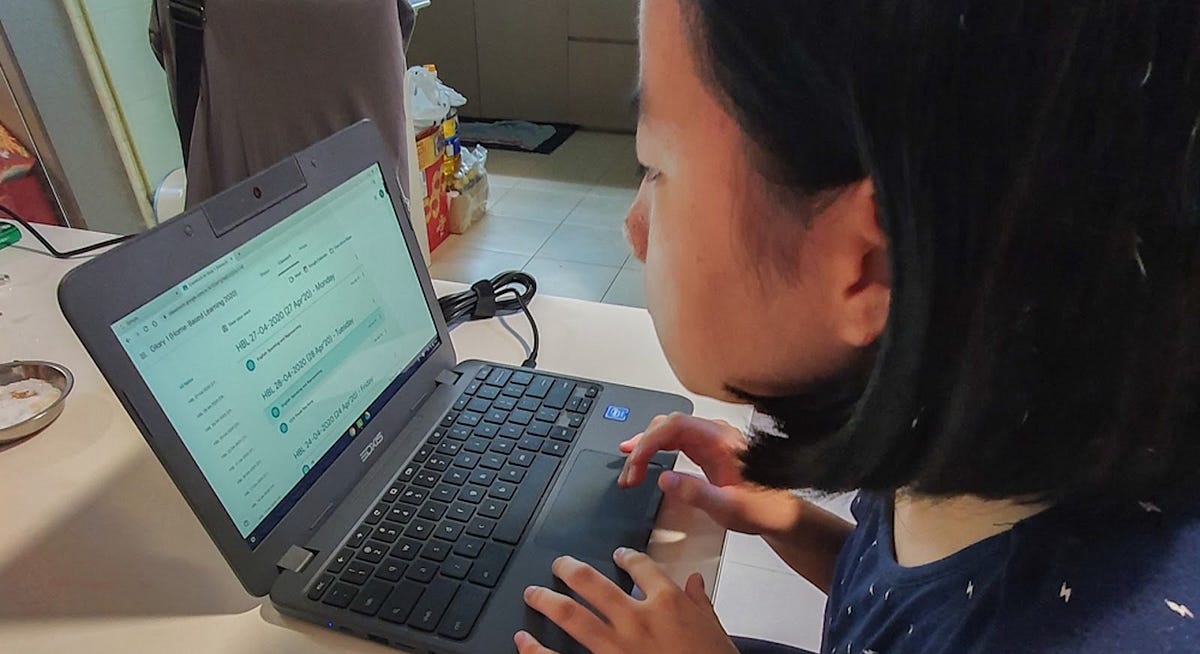
In this week’s news, we look at CNBC’s article <<How remote work risks a new digital jobs divide for minorities>>, and explore the potential risk of widening social inequality that might be perpetuated through remote work.
In the Article
Remote work has taken over as the primary mode of work, and this is apparent as companies head back to life after the pandemic. In recent weeks, as countries are relaxing quarantine measures and re-energising their economy, companies have stuck to working from home. While many who are equipped for remote working are relishing the new-found work-life flexibility, there is a neglected class of workers who are watching the opportunity gap widen for them.
In April 2020, a survey conducted by WayUp shows that the Black and Hispanic college students are much less comfortable with virtual work than their White peers. They cite concerns about their remote work capability as a top concern. Among this group, the respondents identified a lack of physical workspace as a critical issue. This coincides with census data in the States showing that Black households have 20% more people compared to White families. The Hispanics have to contend with 80% more people in their houses for a conducive spot to work in.

Further to the above concerns, remote working has also shone the spotlight on unequal access to technology. There are only 57–58% of Blacks and Hispanics that owns a desktop or laptop, as compared to 82% of Whites. A similar trend is observed when respondents speak of access to high-speed internet. There has been increasing financial stress brought on by these work-related expenses, and the hidden costs are marginalising a significant portion of the underprivileged.
What It Means
While the research and surveys done in the article is based on America, the issues raised can be observed in our nation as well. In any country with a significant wage and resource gap, there are always unequal opportunities. As a nation, we need to be sure that we are not institutionalising these gaps, leading to social inequality that can’t be arrested. This is why employers should take extra note at the above article, and start relooking at whether their workplace policy places any marginalised groups under undue stress.
Thankfully for Singaporeans, there are many financial schemes available to make sure everyone gets the right resources to upskill and perform even in this new remote capacity. Our network penetration rate is also significantly higher than in other nations, which makes the transition to remote work easier for us.

That being said, business owners and managers would do well to consider some conditions that might not be as tangible as just hardware. For example, as your employees work from home, they can’t extract themselves from certain familial situations. In these cases, it helps if companies are more flexible when it comes to working arrangements. To achieve this, managers and leaders should relook at how they are judging work performances, and move towards a fairer, results-based evaluation. This will make sure that no one has to be marked down due to familial issues. On the other side, employees need to be open in their communications as well. In this new age of remote working, communication is vital.
WIth every paradigm shift, there will be people left behind or overlooked. We are smarter now, with more tools than ever at our disposal. It is our responsibilities to make sure everyone will be able to take advantage, so that the inequality does not widen.

